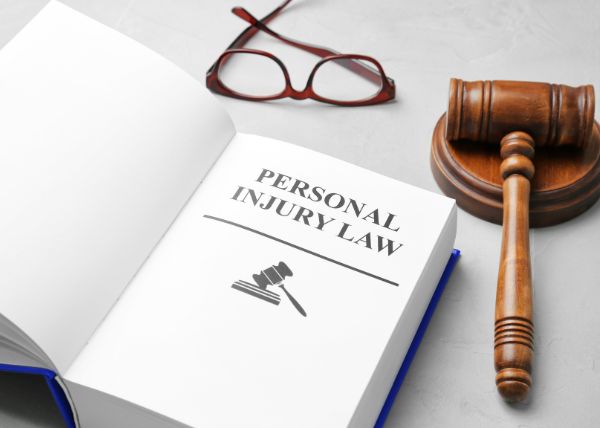Punitive damages can significantly increase the value of your personal injury claim, but courts don’t often award them. There is no cap on punitive damages, and the award amount is often substantial.
You won’t see them when a case settles because a jury or a judge must award them. Instead, if there is a concern that a jury may award punitive damages, it’s more common to see attorneys using that fact to negotiate a higher pain and suffering award.
Are these damages possible in your case? While it’s only possible to tell by looking at the facts, it is possible to give you a brief outline of some of the issues the courts look at when determining whether or not it is appropriate to award punitive damages.
Punitive Damages: An Overview
Punitive damages are discretionary awards. They’re never guaranteed, even in cases where the facts of the case tend to support the use of them.
In addition, there are a few standards the case would have to meet before courts would seriously consider a punitive damage award.
Vindicating Public Rights vs. Remedying Private Wrongs
The courts have usually held that a punitive damage claim is “quintessentially and exclusively public in their ultimate orientation and purpose.” They don’t just exist to punish a wrongdoer for bad behavior but to protect the public by deterring that behavior in the future.
Not all bad behavior qualifies. For example, in the 1976 case Garrity v. Lyle Stewart, Inc., the courts affirmed that a “mere breach of contract” is not sufficient for punitive damages, as a breach of contract involves only a private wrong but not a public right.
Outrageous Conduct
For the courts to consider punitive damages, the conduct must go beyond mere negligence.
There are several types of outrageous conduct the court might consider.
- Conduct that carries a high degree of moral culpability
- Conduct so flagrant as to transcend mere carelessness
- Conduct that represents a high degree of immorality or moral turpitude
- Conduct that shows a wanton disregard for public safety
- Behavior that is wanton and reckless
- Conduct that shows heedlessness and utter disregard for the rights and safety of others.
Keep in mind that breaking the law is not, in and of itself, always enough for punitive damages. For example, courts have ruled several times that intoxication alone does not open the door for punitive damages while retaining the right to impose punitive damages on a case-by-case basis. Courts will generally look at the level of intoxication and the total nature of the driver’s conduct in such cases.
The courts may also look at repeat behavior. For example, a negligent driver hits you because they were texting while driving. Would your case be eligible for punitive damages? Not usually, even though texting while driving is illegal, for all the same reasons why intoxication alone isn’t enough. But suppose you could prove that the defendant has a long history of receiving tickets for texting while driving, showing they’d received multiple warnings about this conduct. In that case, you might have an excellent case to add punitive damages to your lawsuit.
There is good news for plaintiffs facing off against drunk or distracted drivers or any other plaintiff who feels the defendant acted outrageously. Even if punitive damages are unlikely, there’s a good chance juries would be as angered by the defendant’s behavior as you are. Your personal injury attorney can often use that fact to negotiate a higher pain and suffering award during settlement conferences.
No Punitive Damages Against Governmental Entities
If you are suing New York City, the state of New York, the federal government, or any other government entity, it’s impossible to receive a punitive damage award.
Punitive damages cannot be assessed against governmental entities because, ultimately, innocent taxpayers would be punished.
Personal Injury is Complex
As you can see, there’s nothing simple about a personal injury case. Even the question of whether it is or is not possible to obtain punitive damages in any given case is highly complex.
This complexity is one of the many reasons why it is crucial to work closely with a personal injury attorney while pressing your claim.
If you still need to choose one, reach out to our office. We’re ready to help you make the most of your case.



